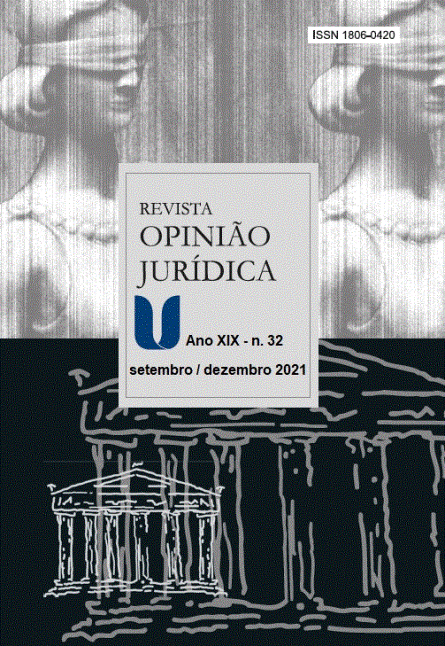STRUCTURAL LITIGATION AND THE RIGHT TO HOUSING IN THE GLOBAL SOUTH: CONTRIBUTIONS FROM THE SOUTH AFRICAN AND COLOMBIAN EXPERIENCES
DOI:
https://doi.org/10.12662/2447-6641oj.v19i32.p148-183.2021Keywords:
South Africa, Colombia, Economic, social and cultural rights, The right to housing, Structural LitigationAbstract
Objective: The purpose of this article is to investigate how structural injunctions can contribute to access to housing, based on an analysis of the experience of two countries in which structural injunctions have been used to resolve disputes related to access to decent housing: Colombia and South Africa.
Methodology: As a research methodology, in addition to the traditional documentary and bibliographic analysis, a qualitative approach is adopted to study three paradigmatic cases: Olivia Road and Joe Slovo, in South Africa, and Sentencia T-25, in Colombia.
Results: It is concluded that both experiences show the need for systemic problems related to socioeconomic and cultural rights, when adjudicated, to be resolved through structural decisions, which can produce material and symbolic effects.
Contributions: From the results, it is observed that: a) it is recommended that the judges adopt a dialogical approach when acting in structural decision making; b) in structural decision making, it is interesting that the Judiciary maintains jurisdiction over the case, following the development of the execution of the sentence; c) public participation guarantees the structural injunctions transparency and, to the judges, greater technical capacity, since only with the inclusion of the social segments affected by the problem that is intended to be overcome will the judge be able to produce measures consistent with the real needs the concrete case.
Published
How to Cite
Issue
Section
License
CESSION OF COPYRIGHTS
The submission of articles to analysis for publication on Opinião Jurídica implies the author(s) transfers copyrights to Centro Universitário Christus – UNICHRISTUS for reproduction, publicizing, distribution, printing and publication, according to the Publication Norm 414R, Opin. Jur., Fortaleza, year 12, n. 16, p.1-414, Jan./Dec. 2014, costs to be bore by UNICHRISTUS, in whatever format or means that may or shall exist, in accordance to articles 49 and following of Federal Law 9.610/98.
1. In ceding copyrights, the author(s) agrees to do so in exclusivity, free of charge and for the totality of the work.
2. UNICHRISTUS may make the work, in its entirety or in parts, available for scholarly purposes, without altering its contents, except for small corrections that are deemed necessary.
3. The cession of copyrights is valid in all countries and for versions of the material in its original language or translated into a foreign language.
RESPONSIBILITY FOR THE CONTENT
By submitting an article, the author(s) declare to have sole responsibility for the content of the piece and is(are), therefore, responsible for any judicial or extrajudicial measures referring to it.
1. In case of joint authorship, all authors are considered collectively responsible, except when proved otherwise.


















